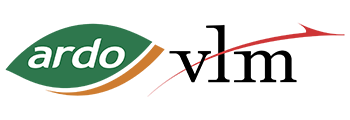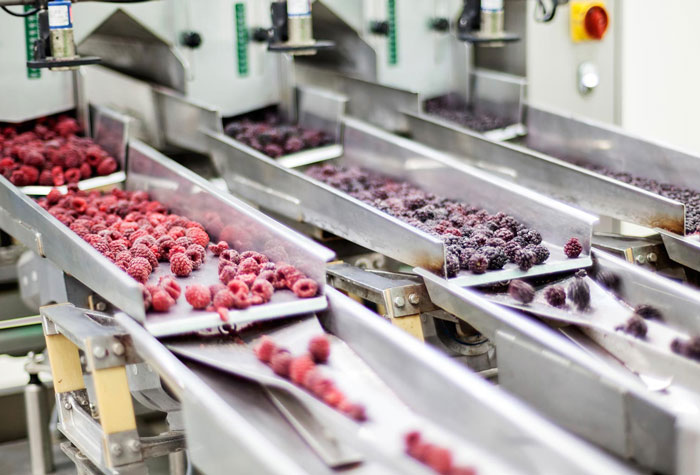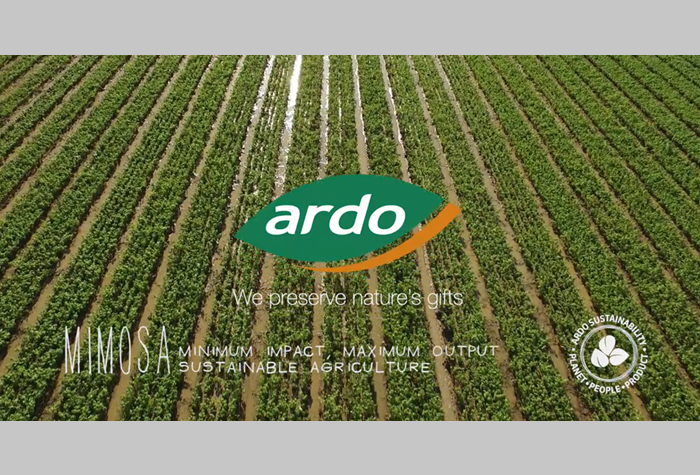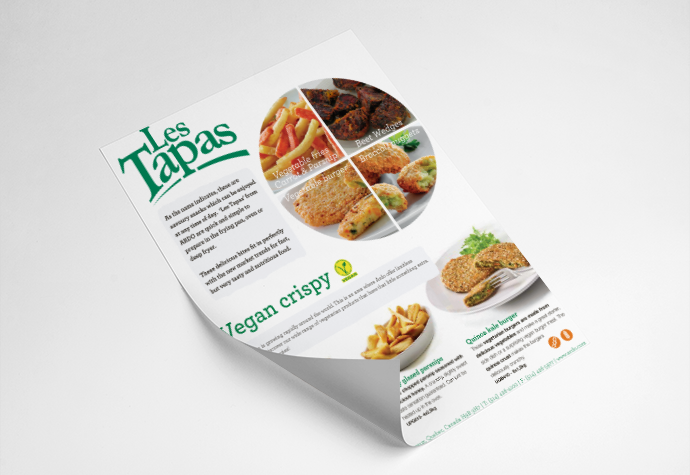VLM’s FSMA Primer: Part I – Highlighted considerations for foreign food processors and U.S. buyers alike.
Signed into law on January 4th 2011, the U.S. Food Safety Modernization Act (FSMA) is described by the U.S. FDA as representing the most sweeping update to American food safety legislation to have been enacted over the past 70 years. Bringing with it dozens of new rules and regulations, food supply chain stakeholders need to appreciate that FSMA’s scope goes well beyond food product specifications. From subjecting domestic and foreign food processors to preventive controls requirements; to defining who is eligible to import FDA regulated foodstuffs; to the requirement for appropriately qualified personnel to carry out food safety oversight activities as well as the sanitation controls and shipment information that carriers will be responsible for adopting and sharing with supply chain stakeholders…the international trade of FDA regulated foodstuffs is about to get a little more complicated.
Should they reside within the United States or be based overseas, food processors that do not already fall under mandatory HACCP requirements will be subject to FSMA’s Preventive Controls for Human Food rule with large companies ( 500 employees or more) having until September 2016 to comply and smaller firms following suit 12 months later. Firms subject to this “PC Rule” are required to maintain a written food safety plan which, among other requirements, must demonstrate their Hazard Analysis Risk Based Preventive Controls ( HARPC ) as well as documenting their supplier verification practices as part of an overall process ensuring that appropriate preventive controls are both effective and consistently applied.
As a de facto market access condition, prescribed offshore processors are required to obtain a FDA Food Facility Registration permitting FDA inspection of their facilities. Moving forward, food system stakeholders will need to consider what enforcement actions may result from a foreign processor’s failure to comply with FSMA’s “PC Rule”. Given that a suspended FDA Registration renders a foreign processor’s products inadmissible for entry into the United States and that under FSMA it is a prohibited act to seek entry of foodstuffs from subject facilities lacking valid FDA registrations, foreign processors clearly need to be familiar with FSMA’s “PC rule” requirements.
The Foreign Supplier Verification Program rule reminds us that importers are responsible for ensuring that the foods they import meet American food safety requirements. Having said this, it is equally important to appreciate that the “FSVP Rule” creates a new regulatory stakeholder subject to new liabilities. As previously noted, it is a prohibited act to import prescribed foodstuffs from subject facilities unless they have valid FDA registrations. Additionally, it is a prohibited act to import prescribed foodstuffs unless the importer has a compliant foreign supplier verification program in place.
In short, the Foreign Supplier Verification Program requires FSVP Importers to identify reasonably foreseeable physical, chemical and biological hazards as well as how these hazards are mitigated, by whom and how any such mitigation steps are monitored and validated. The FSVP Importer, a U.S. entity, is also required to make use of qualified personnel with the appropriate formal training and/or relevant experience to carry out their food safety verification responsibilities.
While the final “FSVP Rule” dropped the requirement for all food safety related documentation to be issued in English, the final rule does point out the expectation that FSVP qualified personnel have adequate foreign language skills or access to foreign language resources to ensure their understanding of documentation provided to them by foreign parties.
Given FSMA’s distinct importer definition and the flexibility the legislation provides in allowing the supply chain to decide who will operate as the FSVP Importer, U.S. buyers of imported foods ought to pay particular attention to how foods are processed for entry least they end up being inadvertently identified as or deemed to be operating as the FSVP Importer with all the new liabilities that entails.
The final Sanitary Transportation of Human Food rule is expected to be released by the end of March 2016 with compliance dates ranging from 60 days to 1 year from publication based on business size. The rule places new regulatory requirements on shippers, receivers and carriers who transport food within the United States by road or rail as well as foreign exporters shipping FDA regulated foodstuffs by ocean container. Among the rule’s various provisions is the requirement for regulated parties to share information regarding previous cargo details; specifics on how such equipment is cleaned in preparation for carrying foodstuffs and the temperature controls between shippers, carriers and receivers.
Taken individually, none of these rules present insurmountable burdens. The obvious challenge, however, is that these rules are being implemented at more or less the same time along with scores of additional requirements. In addition to the three rules that have been briefly touched upon here are FSMA’s Final Rule on Produce Safety, Final Rule for Preventive Controls for Animal Food, Final Rule on Third Party Accreditation as well as pending final rules on Focused Mitigation Strategies to Protect Food Against Intentional Adulteration and the Voluntary Qualified Importer Program rule along with FDA’s various new FSMA mandated authorities and enforcement powers.
Clearly the items considered here only scratch the FSMA “surface” and if anything this discussion provides additional food for thought. There are FDA regulated products that are largely exempt from FSMA, for example foodstuffs that are already subject to mandatory HACCP requirements or which may be imported purely for research purposes. Additionally, there will be foodstuffs that benefit from a degree of “preferential treatment” in originating from countries achieving systems recognition status with the United States or which are imported by trusted parties under FSMA’s pending Voluntary Qualified Importer Program. The key point is that it has never been more critical for foreign suppliers and end U.S. buyers alike to work with food systems stakeholders who know what they are doing. As a U.S. importer with in-house multilingual GFSI certified food safety auditing expertise and dedicated regulatory trade compliance professionals working seamlessly with highly qualified finance specialists and international logistics experts, VLM Foods Inc. is your FSMA partner dedicated to ensuring market access for foreign suppliers while protecting the brands and businesses of the U.S. end buyers we serve.
Please don’t hesitate to shoot me an e-mail or give me a call to discuss your FSMA questions or concerns.
Mark




